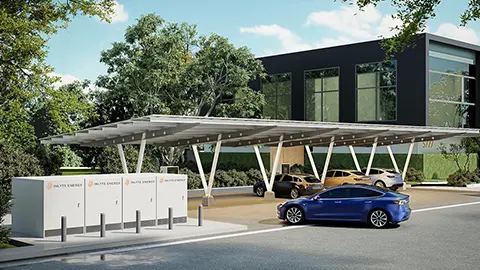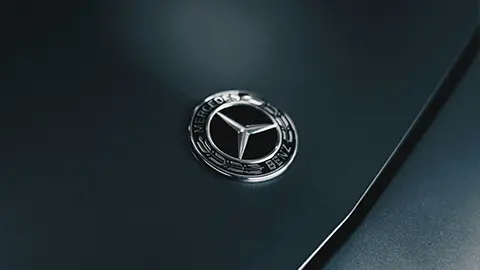Up to $7,500 Discount on Price of a New EV
While their prices have been dropping closer to parity with gasoline vehicles, electric cars still generally cost more to purchase than gasoline cars. And while many EVs are still eligible for $3,750 or $7,500 in federal tax incentives, until now, you had to wait until tax time to get that incentive back, filing forms with the IRS along with your annual return. That’s all about to change: starting this month, car dealers can now obtain the federal EV tax incentive for you, and simply apply it as a discount at the point of purchase.

New IRS Rules for Car Dealers
Thanks to a new procedure set up by the Internal Revenue Service, dealers can now apply for the tax incentive on behalf of customers, submitting the necessary documentation to the government and receiving the incentive right away – passing the savings on to you directly. That means that potential EV buyers don’t have to front as much money out of pocket, making electric cars more immediately affordable for more people.
You don’t have to wait months to receive the money, and you don’t have to worry about having all of the necessary documentation for the incentive. The dealer can upload all of the information required about your car deal directly to the IRS. That means, if you’re purchasing one of the vehicles eligible for tax incentives, you simply have a lower monthly payment, or a lower out-the-door cost – no waiting.

New Tax Credit for Used Electric Cars
Don’t forget that, in addition to the well-publicized incentive of up to $7,500 on new cars, there are new tax credits available for used EVs as well. Up to $4,000 is available for used electric cars, though their selling price has to be below $25,000 to qualify.
While that number sounds like a very low limit, it actually isn’t. Electric cars have been on sale in the U.S. for well over a decade now, and close to 40 percent of EVs on the used market are currently listed below $30,000, with many selling below the figures they are listed at. Whether you’re looking at a pre-owned Nissan Leaf, Mini Cooper, Tesla Model 3, or Chevrolet Bolt, there are a lot of choices out there – and there will be even more good choices as time goes on.
Even better news is that, thanks to their radically simple drivetrains, electric vehicles don’t suffer from nearly as many maintenance worries as gasoline cars. You don’t have to fret about whether the oil has been changed or tune-ups have been performed. And while some EVs have had some well-publicized battery issues, they will mostly have been dealt with under warranty, making for worry-free, emissions-free driving.
Restrictions Still Apply
Of course, while the dealer can apply for the credit on your behalf, and apply the credit directly to the deal, it is still your responsibility to ensure you actually qualify to receive the EV tax credits. For the most part, that simply means that your income must be under established caps:
- $300,000 modified adjusted gross income if you’re married, and filing a joint tax return with your spouse
- $225,000 if you’re the head of your household
- $150,000 if you’re a single tax filer
If you are purchasing a used electric car, the income caps are lower to qualify for the used EV incentive:
- $150,000 modified adjusted gross income for married couples filing a joint tax return
- $112,500 for heads of household
- $75,000 for single tax filers
Remember that it’s your responsibility, and not the dealer’s, to ensure you meet the IRS’ income requirements to qualify for the tax credits when you purchase the vehicle. While your individual or household income will likely be checked by the dealer if you are applying for credit for a lease or financing, the dealer isn’t responsible for making sure you’re eligible. And you may have to pay the IRS back at tax time if you received the credit and don’t qualify.

EV Ownership Just Got More Affordable
Tax credits make switching to an electric car more affordable, and because dealers now have the ability to apply for the incentives on your behalf, you no longer have to wait to save. Plus, you get to enjoy an overall lower cost of ownership – charging an EV costs a lot less than gasoline, particularly if you charge at home, and maintenance costs should be a lot lower as well.
















